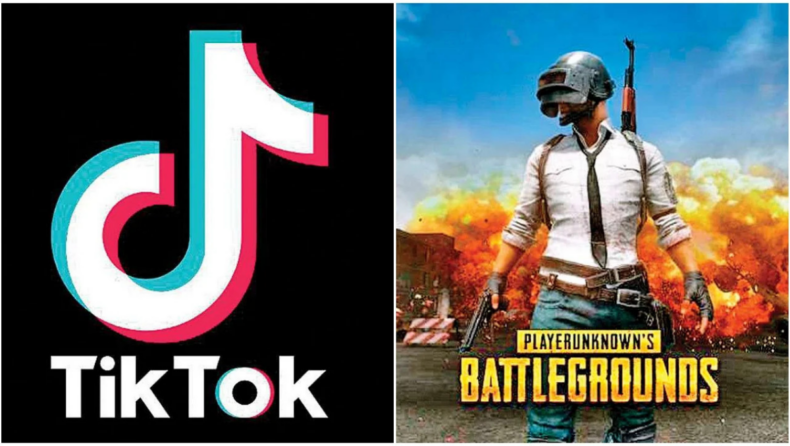On Thursday, labelling TikTok, a short-video sharing website, and PUB-G, a popular video game all over the world, as misleading, the Taliban banned PUB-G and TikTok.
Since last August, the Taliban has been banning several entertainment avenues. Television dramas, movies, and music are already banned.
The cabinet ordered the telecom ministry to shut down these applications. It has also been directed to stop broadcasting television channels that were allegedly showing unethical materials.
But ANI, a news agency, reported that this accusation is unfounded as all the television channels are either airing religious programmes or news bulletins.
There are very few ways of entertainment left after the Taliban banned PUB-G. After the ban of soap telecasts and movies, these mobile applications were one of the few options left for entertainment.
Afghanistan is seeing history repeated in the form of these cultural bans. Since 1994, the Taliban has been banning elements of social culture like televisions, VCRs, cassettes, musical instruments, etc.
Paintings, books, and televisions were publicly burned. It’s similar to cutting off important channels of interaction and artistry.
Last week, the Taliban banned PUB-G, a video game played by players from around the world. Banning it is a form of severing connection to other parts of the world.
The Taliban also has a history of banning artists who perform publicly. Often, musicians were held by religious police and had their instruments broken.
Even before Taliban banned PUB-G, in February, a survey declared that over 90% of Afghans were living a miserable life since Taliban came back in power.
Edited By: Khushi Thakur
Published By: Akshaj Joshi













